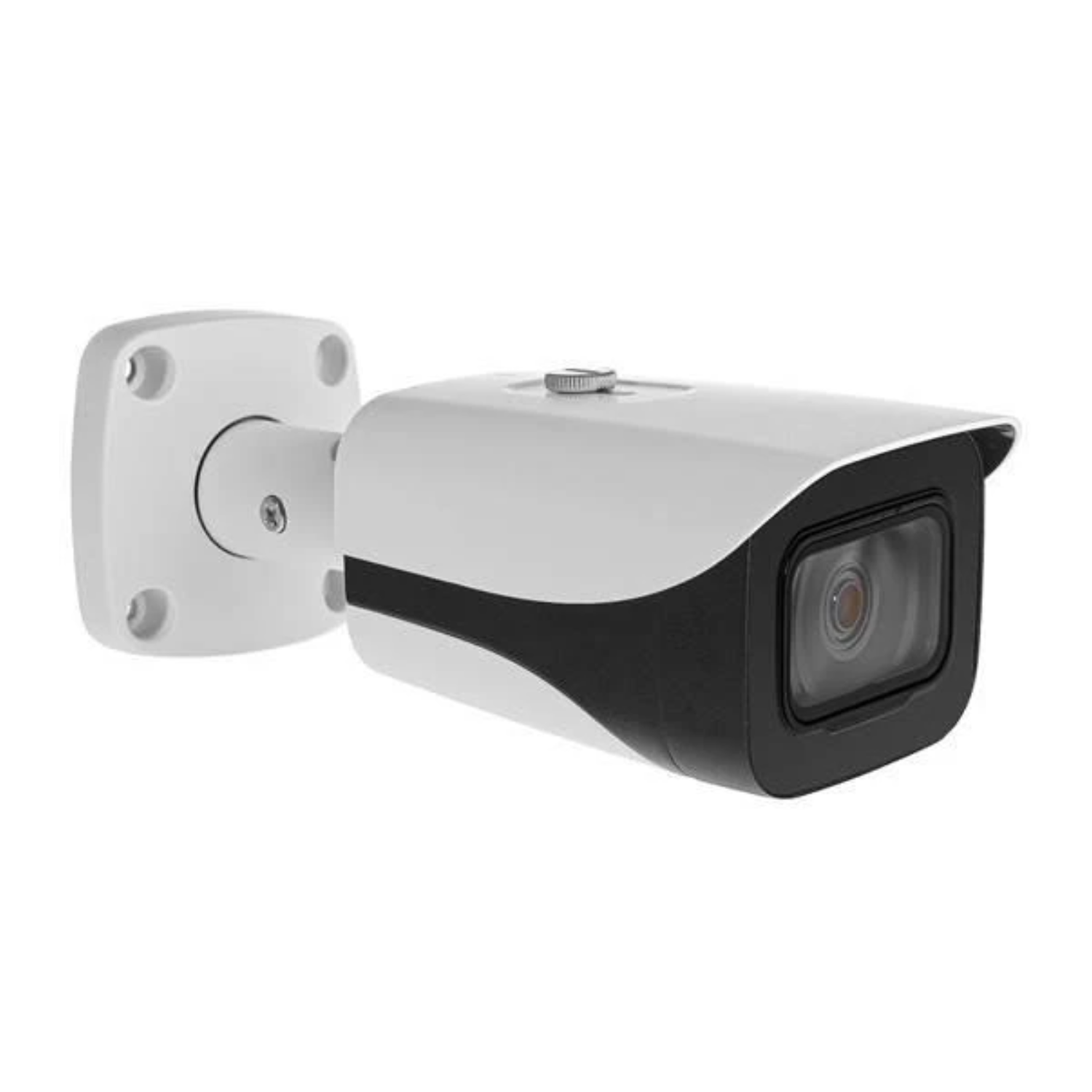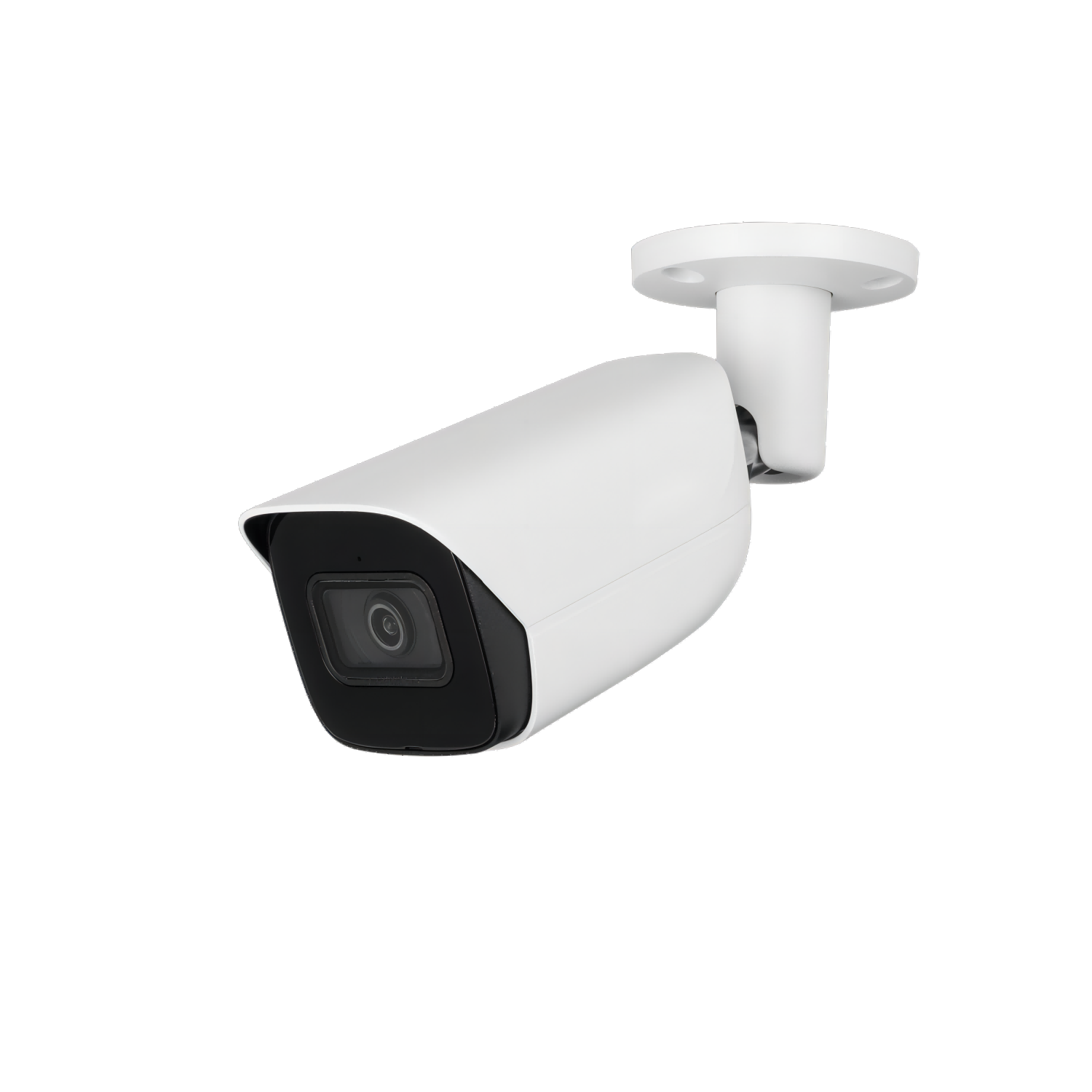Hi all – newly signed up to the forum for some advice on how to replace my UniFi Protect setup with a fully local alternative.
Two reasons for this: Ubiquiti's recent cloud access misconfiguration, and the fact that I'm about to invest in a few additional cameras for our new home with Ubiquiti's cameras being quite expensive.
In general I'm looking for the following:

This thread was a huge help already, especially regarding the CMOS size vs. resolution (thanks @wittaj). It seems a 4MP camera is usually advisable over an 8MP one? The EmpireTech camera recommended in that thread is a turret model however; what would be a good bullet camera alternative for my needs?
Thanks in advance!
Two reasons for this: Ubiquiti's recent cloud access misconfiguration, and the fact that I'm about to invest in a few additional cameras for our new home with Ubiquiti's cameras being quite expensive.
In general I'm looking for the following:
- Full local integration with Frigate and Home Assistant;
- No separate NVR needed, I have a Debian Linux server running with plenty of storage and processing power;
- A doorbell with camera that is supported in Home Assistant (the "button pushed" event, and possibly presence detection);
- Three bullet cameras with good night vision (via IR). Zoom isn't really needed. All cameras will need to cover an area of about 10 meters long and 6 meters wide (30x20 ft). Preferably black cameras to match the exterior of the house and make them less obvious;
- PoE is a must for the doorbell and cameras. Preferably with just an Ethernet connector on the device (as Ubiquiti cameras have) but it seems most Dahua/HikVision/Reolink cameras have a "tail" with multiple connectors. That would require me to put the camera on a junction box, which I'd rather avoid. I have very clean holes drilled and wired with Cat6 cable through the outer brick walls.
This thread was a huge help already, especially regarding the CMOS size vs. resolution (thanks @wittaj). It seems a 4MP camera is usually advisable over an 8MP one? The EmpireTech camera recommended in that thread is a turret model however; what would be a good bullet camera alternative for my needs?
Thanks in advance!





